- Home >
- Blog >
- wine-tasting >
- How to organize a wine tasting party?
Previously reserved for the wine elites, with sommeliers at the head of the procession, wine tasting has gradually been democratized and is now a popular event for consumers. The vocabulary and gestures of the wine taster, once reserved for professionals and knowledgeable amateurs, are now used by all wine aficionados, both experts and neophytes. Organizing a tasting may seem simple for some, but for others it becomes an obstacle course. Alfavin.ch, which already organizes wine tastings in Lonay, Vaud, gives you here some tips and ideas to prepare a wine tasting.
Which wines to choose for a wine tasting?
When you decide to organize a wine tasting, the question of which wine to choose often appears in the imagination as the only question to be asked, yet several questions arise. The choice of wine depends on the objective of the tasting. Do we just want to taste wine with friends or colleagues or is the idea to learn and develop our knowledge, do we want to participate in a tasting on a specific theme such as a grape variety, a country or region, an appellation or simply a color. The answers to these questions will help you to define your choice without forgetting the budget of course. You can then choose the wines by making sure to respect the order of tasting; from the lightest to the most powerful, from the youngest to the oldest. White wines are usually tasted first, but some professionals prefer to taste red wines first, as they require more concentration.
How to taste wine?
When you ask this question, people will automatically talk about the tasting itself (eye, nose and mouth). However, before explaining in detail these phases of tasting, we think it is essential to mention another important aspect of "How to taste wine", the environment.
Without talking about a rule, an essential point on how to taste wine is to be surrounded by receptive people, who want to taste and learn about wine. Tasting wine is easy, but you have to do it with people who want the same thing. The place is also an important notion; choose an adapted space according to the number of people, you need comfort to taste. Also avoid a noisy place where you might not be able to hear each other. A bright and odorless space is also to be preferred in order to be in the best possible conditions to apprehend the tasting.
Then comes the moment of the tasting itself. To the eye, we talk about the color of the wine, the reflections that can help define the age, its brilliance and clarity. On the olfactory side, we talk about the bouquet and the aromas of the wine, is the nose open, expressive or rather discreet, closed. On the palate, we linger on the sensations that the wine provides. Is it pleasant, long in the mouth? We describe what we feel by talking about tannins, acidity, alcohol. The description allows us to know if the wine is to be drunk, or if it can be kept for some time or even several years in the cellar.
Alfavin.ch has even created a comic book reminding the 7 rules of wine tasting, available for free download.Do you need a sommelier to lead the tasting?
Before knowing if you need a sommelier or not, what you need most of all in a tasting is desire and passion. These two notions are essential to have a quality tasting. Having a sommelier is not necessarily necessary, but a good host or a person in the tasting group who fulfills this role is very important. What makes a good tasting is its animation:
It must be friendly, made of exchange, participation and listening.
The use of supports improves the quality of the animation. One notion that should not be forgotten is to have a common thread through the tasting. Even if the tasting should be fun, it must be organized and keep a focus in order to be of quality.
Having a sommelier or a wine professional in general is always a plus in a tasting. This person, beyond the tasting aspect, brings his experience, explanations on this or that subject, asks questions to the tasters in order to arouse interest and desire. This person also allows the shyest or most novice people who don't express themselves much for fear of saying something stupid, to speak up and express what they feel.
How much time should I allow for a wine tasting?
There are no precise rules concerning the time devoted to a tasting. It depends on the number of wines tasted and the purpose of the tasting. The time spent tasting generally varies between an hour and a half and three hours; the more the tasting is rich in exchanges, knowledge sharing, and anecdotes, the longer the tasting lasts. For example, at Alfavin.ch, which offers
private wine courses for groups and companies in Lausanne, and which you can find on their website, a tasting is built above all on the exchange and interaction between the animators and the participants. With the help of digital and paper supports, the Alfavin.ch teams give the participants the possibility to expand their knowledge, to improve their understanding of wine and their tasting skills. Although a tasting session usually takes two hours, the time can sometimes be extended due to the interest of the participants, their active participation and the questions asked.
Want to organize a wine tasting in Lausanne and surroundings? Contact us on the page dedicated to our wine tasting courses.Find our other articles on wine tasting:Wine tasting courses in LausanneWine tasting in LausanneWine tasting: Priorat Vs MontsantPrivate wine tasting in Lausanne, MorgesVertical or horizontal wine tasting ?Wine tasting evening for companiesOur wines linked to this post
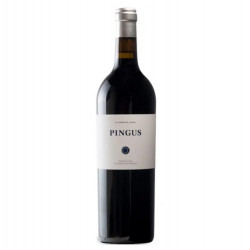
890.00 CHF
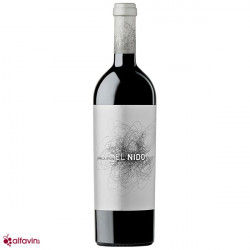
179.00 CHF

369.00 CHF
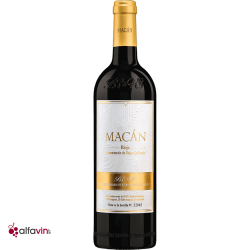
85.00 CHF
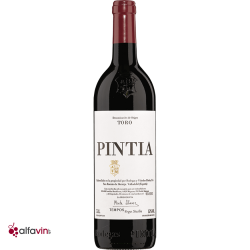
74.00 CHF
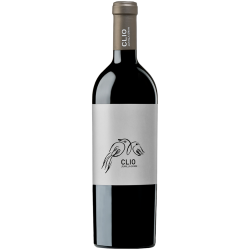
139.00 CHF












